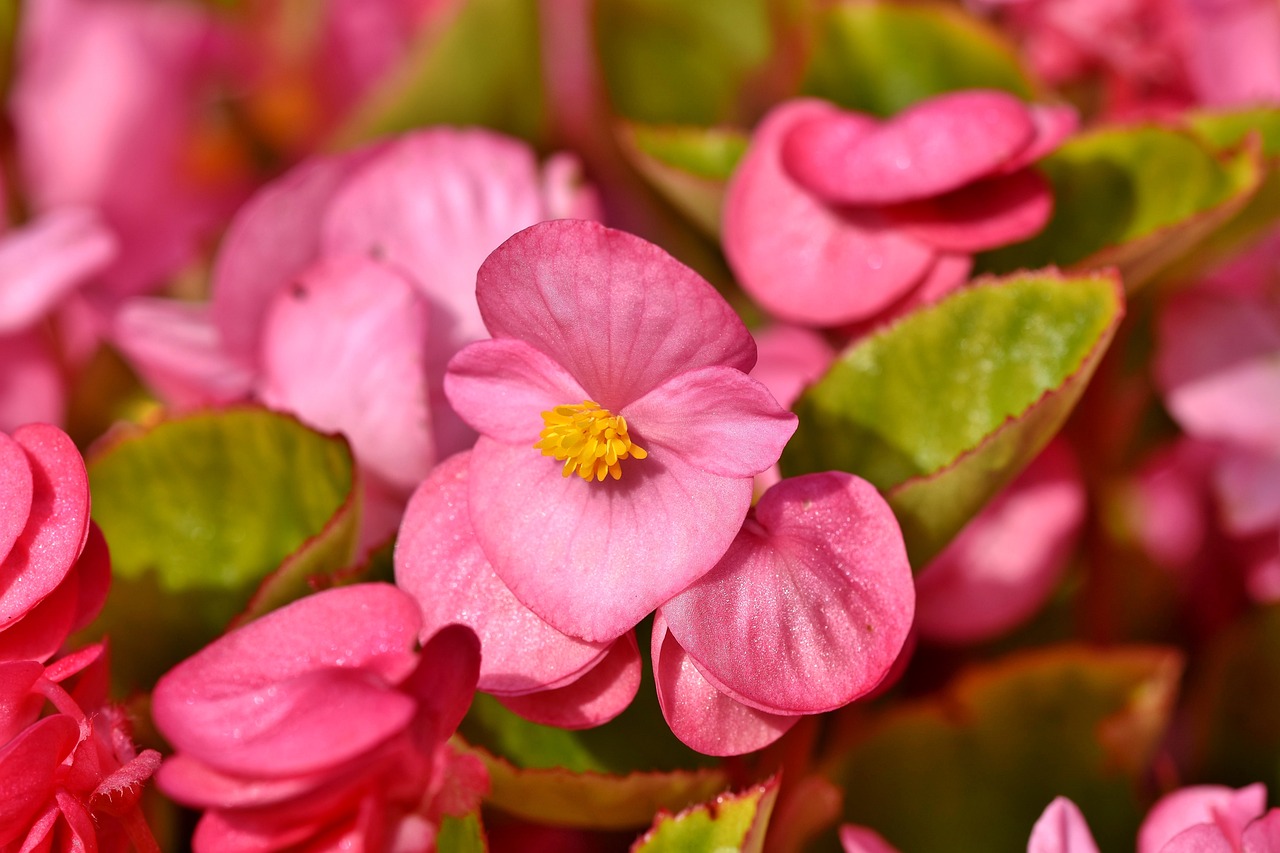
Begonia plant care advice
The begonia plant is a popular addition to many homes. While they can be placed outdoors during the summer, they should be protected from harsh winter conditions. For this reason, they are usually preferred as potted plants in areas where the winter season is known for being somewhat unforgiving. If you buy or receive this plant, here are some important care tips to keep in mind.
Sunlight
All plants need light in order to allow them to produce food and grow. Your begonia plant will do best in a north-facing window. It is important to make sure that you keep an eye on your plant. If you notice that its growth is stunted, you might want to move the plant to another area with more light. If you notice that the leaves are burning, the plant could be getting too much light. If you don’t have an area with light, artificial light can be enough for this plant but it will need about 14 hours each day.
The right pot
Your begonia plant will usually come rooted in the right pot for its needs. This pot should have drainage holes at the bottom which will allow excess water to flow out and prevent the roots from rotting. Remember, when the time comes to move the plant to a larger pot, you should not choose one that is too big or the plant may not thrive. Choose one or two sizes larger for best results.
Potting soil
If you are growing the plant indoors, you should opt for a soil-less potting mix which consists largely of peat moss and perlite. It may also contain vermiculite. If you use regular soil, it can hold water for longer than desired and this can cause root rot which will result in the plant perishing.
Water needs
You should avoid watering the plant too often or too much. When watering, allow all excess water to drain away before placing your begonia plant on its tray. Before watering, check the dampness of the potting soil and make sure that it is almost dry. If it is still damp, you can check again in a couple of days.
Healthy humidity
While your begonia plant may not like its soil to be soggy, it will enjoy some humidity. You can place the pot on a layer of pebbles and add water to the drip tray if you like. Alternatively, you could place a bowl or cup of water next to the plant in order to create a more humid environment.
Pest control
All plants have natural pests and your begonia is no different. The mealy bug can be kept at bay by using rubbing alcohol and a brush to apply directly to the bugs. If there is a significant infestation, you can very lightly spray the plant with rubbing alcohol to get rid of them.
It’s also good to know that the begonia plant is not known to be toxic apart from the roots. Of course, for the most part, your pets and children are not likely to go digging at the roots. So, keep these plants in mind if you want to spruce up your home or spoil somebody special.
